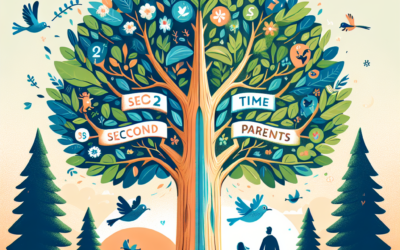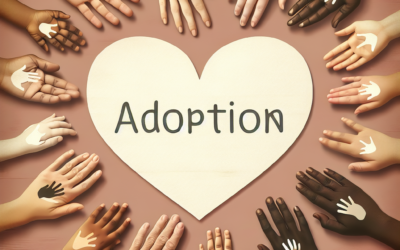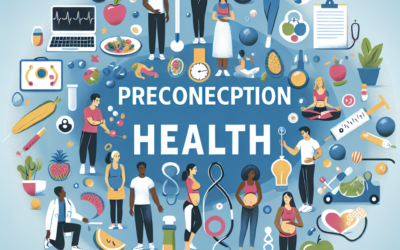Introduction
The journey of bringing a new life into the world is an incredible and transformative experience for families. As you anticipate the arrival of a baby, it’s important to acknowledge the myriad changes that accompany pregnancy and parenthood. This article will explore the emotional, physical, and logistical adjustments that families go through during this significant life stage.
Emotional Changes
The emotional rollercoaster during pregnancy and after the baby arrives is one of the most profound changes families experience. Expecting parents often find themselves navigating a complex array of feelings—from joy and excitement to anxiety and fear. Hormonal fluctuations, particularly in the mother, can amplify these emotions.
Support from partners and family members becomes crucial during this time. Open communication about feelings, expectations, and fears can help foster a supportive environment. It’s also important for partners to remain empathetic and engaged, helping to alleviate stress and enhance emotional bonds.
Physical Changes in the Mother
Pregnancy brings about significant physical changes in the body. From morning sickness to body aches, these changes require adjustment. Expecting mothers may need to evaluate their self-care routines, adapting to the physical demands of pregnancy.
Additionally, postpartum recovery poses new challenges. Women may struggle with body image issues as they navigate the physical aftermath of childbirth. Support from partners, healthcare providers, and friends can help mothers adjust to these changes, emphasizing that the journey to health and wellness is a personal one that takes time.
Shifts in Relationship Dynamics
The introduction of a baby often alters the dynamics of a relationship. Partners need to redefine their roles and responsibilities to accommodate the new family member. Prioritizing relationship health becomes essential as couples may find themselves with less time for each other.
It’s beneficial for couples to schedule regular date nights or engage in activities that strengthen their bond. Communicating openly about shared responsibilities, parenting philosophies, and individual needs can also help mitigate feelings of resentment or neglect.
Adapting to New Schedules
With a baby comes a whole new set of schedules and routines. New parents must adapt to irregular sleeping patterns, feeding schedules, and diaper changes. This disruption can be overwhelming, especially for families used to structured routines or busy lifestyles.
Establishing a flexible schedule that accommodates the baby’s needs—while still allowing for personal time and couple time—is crucial. Utilizing tools like planners or apps can help families stay organized and maintain some semblance of normalcy amidst the chaos.
Financial Considerations
The financial impact of welcoming a baby is significant. From medical expenses during pregnancy to costs associated with baby gear, childcare, and education, families often find themselves reevaluating their budgets.
Creating a financial plan or budgeting strategy can alleviate some stress. Consider seeking advice from financial advisors, utilizing baby registries, and exploring community resources that may be available for new parents.
Support Networks
Building a support network is vital for families undergoing these changes. This network can consist of family members, friends, parenting groups, and healthcare professionals. These individuals can provide emotional support, practical advice, and assistance when needed.
Joining parenting classes or support groups can also create a sense of community and help parents feel more prepared. The shared experiences can foster connections with others in similar situations, making the transition smoother.
Conclusion
The journey of pregnancy and welcoming a baby into the family is filled with both challenges and joy. Families must navigate emotional changes, redefine relationships, adapt to new routines, and consider financial implications. By fostering open communication, building support networks, and embracing adaptability, families can not only survive these changes but thrive in their new roles. Embracing the journey together will create a strong foundation for the family unit in the years to come.













